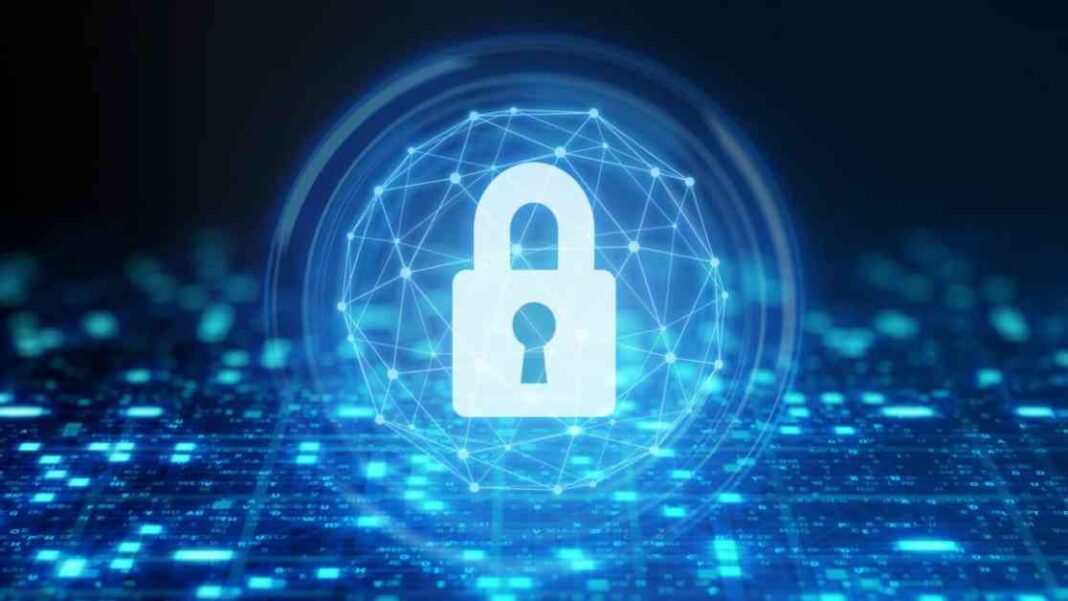**FBI Eradicates Chinese Malware from Thousands of US Computers**
In a groundbreaking move, the FBI has successfully eliminated Chinese malware from 4,258 computers and networks across the United States by utilizing a unique method that triggered the malware’s “self-delete” function.
**The Intricate Web of Malware**
The FBI revealed that the People’s Republic of China (PRC) government had enlisted the services of the notorious Mustang Panda group to create a version of the PlugX malware. This malicious software was designed to infiltrate, manipulate, and extract sensitive information from victim computers. Since 2014, Mustang Panda hackers have launched extensive campaigns targeting US victims, as well as governmental, commercial, and dissident groups in Europe and Asia.
**A Covert Operation**
Despite the longstanding awareness of this malware, numerous Windows computers remained infected without their owners’ knowledge. The FBI’s breakthrough came when a French law enforcement agency discovered a way to remotely eliminate the malware. By gaining access to a command-and-control server capable of dispatching commands to infected computers, the agency paved the way for the FBI’s intervention.
**Unveiling the FBI’s Strategy**
An FBI affidavit, dated December 20 and unsealed recently, shed light on the intricate process involved in removing the PlugX malware variant. When an infected computer connects to the Internet, the malware reaches out to a command-and-control server, which then issues various commands to the malware. Remarkably, the malware variant contained a built-in mechanism that allowed a command from the server to trigger its own self-deletion.
**A Personal Tale of Cybersecurity**
Imagine waking up one day to discover that your computer had been compromised by a sophisticated malware attack. Your personal information, browsing history, and sensitive data could be at the mercy of cybercriminals. The FBI’s swift action to rid thousands of computers of Chinese malware not only safeguards individual privacy but also underscores the importance of proactive cybersecurity measures in an increasingly digitized world.











